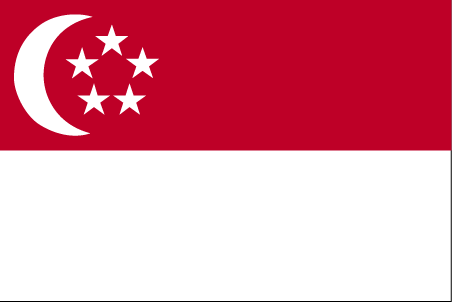 |
Network Policy
In Singapore, IDA (Infocomm Development Authority of Singapore) is the regulator and responsible for the development and growth of the information and telecommunication sector in Singapore and puts policies and regulatory frameworks. The strategic plan is to transform Singapore into a Global City by attracting foreign companies, promoting innovative services and knowledge capital and strengthening Singapore as an economic hub
Telecommunication Regulation: Stage 4
IDA facilitates the entry of competitors to the market to give the consumer the option to choose the service providers. For example, Internationalization program enables market access by creating relationships such as bilateral agreements to promote the investment between Singapore and other countries in telecommunication. In Singapore, there are four mobile service providers and four major internet service providers. IDA monitors those providers to make sure there is no anti-competitive behavior by enforcing the competition frameworks. IDA has been promoting universal access to telecommunication service. As a result, a statistics report in December 2010 shows that the Fixed Line Household Penetration Rate is 130%, Mobile Population Penetration Rate is 143% and Household Broadband Penetration Rate is 190%. In other words, everyone in Singapore has access to the network either from house or through mobile devices.
IDA creates policies and regulations that promote effective competition, facilities-based competition to the greatest extent possible, remain technology-neutral and provide transparent decision making processes. These policies and regulations are related to issue licenses, define standards, setup and maintain networks and issue penalties. IDA enforces all licensees to interconnect with each other to ensure continuous communications throughout Singapore. Also, IDA has a set of rules and standards to manage the spectrum and number to ensure they are adequate. Each company requires a telecommunication license issued by IDA in order to provide a telecommunication service. There are different types of licenses such as SBO (Services-Based Operator) where operators lease the network transmission capacity, Satellite Uplink/ Downlink License, VSAT Station License, Radio-communication Station / Network License, Telecommunication Dealer's Class License and others.
ICT Trade Policy: Stage 4
Singapore has been in the top three positions in the World Economic Forum’s IT Global report for the last five years. Also, according to Global Information Technology Report 2009-2010, Singapore was ranked as the second country in the world in term of e-Government. Singapore has Free Trade Agreements with many countries around the world. These agreements allow the flow of goods, services and investments into Singapore ICT sector freely without tariffs and import duties. Also, Singapore is a part of Mutual Recognition Arrangements (MRAs) which reduces the technical hurdles in telecommunication devices trading. It allows testing the device before exporting or importing it so it enters the country without the need to re-test it again. This reduces the cost and the delivery time.
In Singapore now, IDA encourages business development in: Digital content, Value Added Mobile Services, Infrastructure for Wireless & Wired Network, Multimedia Processing & Management, Web Services & Portals, Security & Thrust Infrastructure, and Web2.0 services, Cloud Computing, Business Analytics, RFID and Business Process Outsourcing.
For the following sectors: Digital Media & Entertainment, Education, Financial Services, Healthcare, Manufacturing & Logistics, Tourism, Hospitality & Retail, Government, and Community.